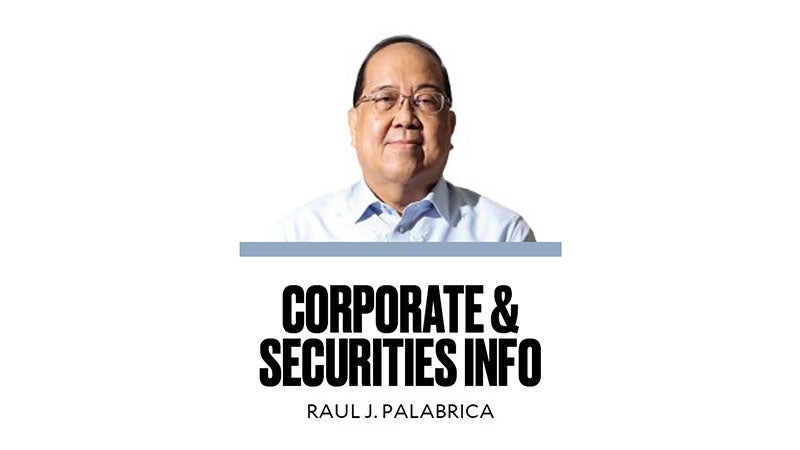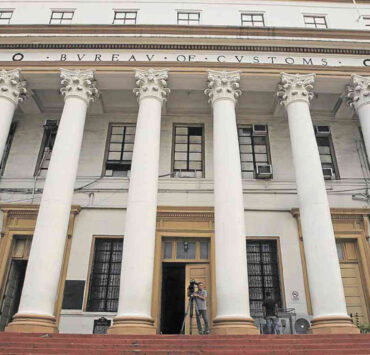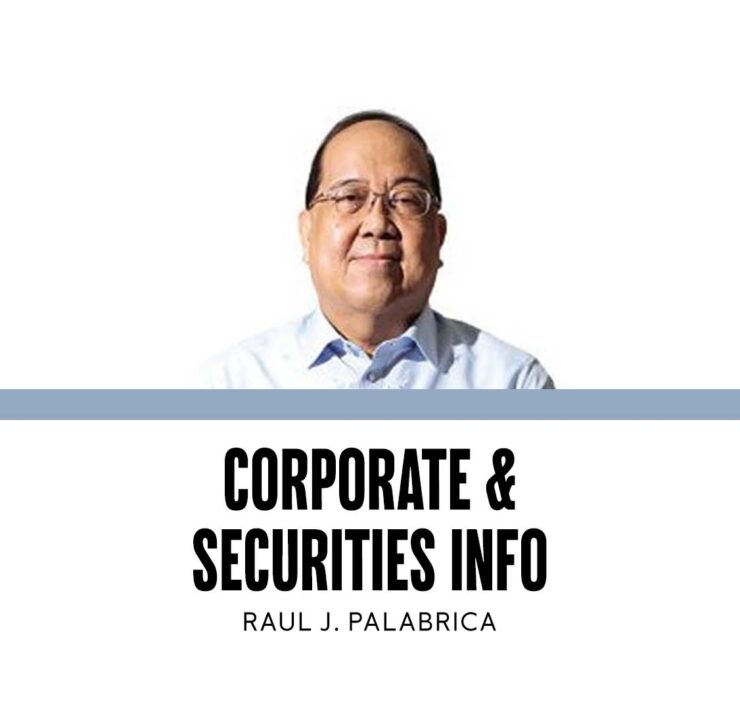Statement of contributions and expenses

Thank God, yesterday’s elections are over and done with except the final count and proclamation of winners.
As in past elections, some losing candidates are expected to claim that they lost because their opponent engaged in vote buying, intimidation or committed acts that vitiated the integrity of the election process.
These coming days, the Commission on Elections (Comelec) would find itself full with preproclamation contests, demands for manual verification of votes and petition for disqualification of the winners for alleged violation of election laws.
Rare are candidates who graciously accept their defeat and congratulate the winners for conducting an effective campaign. For these unsuccessful aspirants, they have three years to prepare for a return electoral bout.
Regardless of the poll results, however, all candidates must file not later than June 11, 2025, a Statement of Contributions and Expenses (Soce) using a Comelec template that shows the cash and in-kind contributions they had received and from whom.
They should also disclose unutilized or excess campaign funds, if any, and return them to their donor. If they want to keep them (which is usually the case), they have to pay income tax on them.
With regard to campaign-related expenses, they should be itemized on how they were incurred, e.g., media advertisement, campaign rallies logistics and allowance of the campaign staff.
The objective of the Soce is to ensure that the candidates do not exceed the spending limits based on the positions they run for and that they did not receive contributions from persons or entities that are prohibited by law from doing that.
Failure to file the Soce within the prescribed period could result in permanent disqualification from holding public office in the future or the imposition of hefty fines.
A review of published Soces in the past would show that cash and in-kind contributions are often attributed to close relatives and friends or widely known political allies of the candidate.
Seldom, if at all, do names of prominent executives of the country’s top companies and their affiliates appear. But this should not be taken to mean that they did not make campaign contributions to any of the candidates, especially those running in areas where they have substantial business operations.
Of course, they do. But they do it discreetly to candidates who have strong chances of winning. The secrecy is essential because they cannot be perceived or rumored to have played favorites among the candidates.
This way, regardless of how the election results turn out, they would be in the good graces of the winners. This is significant particularly for business that are heavily regulated by the government or require a license or franchise to operate.
It is common knowledge that candidates fudge their Soce by minimizing the costs of their advertisements, underreporting campaign-related expenses and concealing the identity of some of their donors, especially if they do not enjoy a good reputation in the community or their professional circle.
Unless the data submitted are glaringly erroneous, verifying the accuracy of entries in Soces is not a walk in the park. It would take eagle eyes for the Comelec to connect the dots to be able to determine faithful compliance with Soce requirements.
Note that in the media’s case, the Comelec requires radio and TV stations to submit a report on the number of times a candidate’s advertisement was aired, and for newspapers, the days and sizes they were published.
Using the data submitted by media companies, the Comelec can easily check if the facts and figures that a candidate states in his or her Soce are accurate.
Recall that a candidate for governor was found guilty of submitting a false Soce when he reduced the costs of his TV advertisements. The Comelec cross-matched his figures with the records of the TV station and learned that the costs indicated in its invoices were way above those declared in his Soce.


















